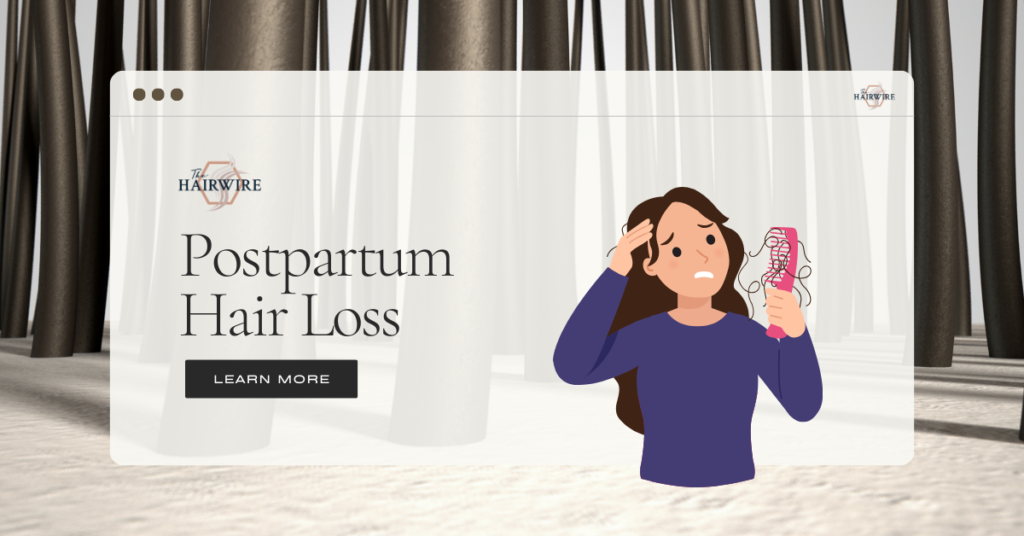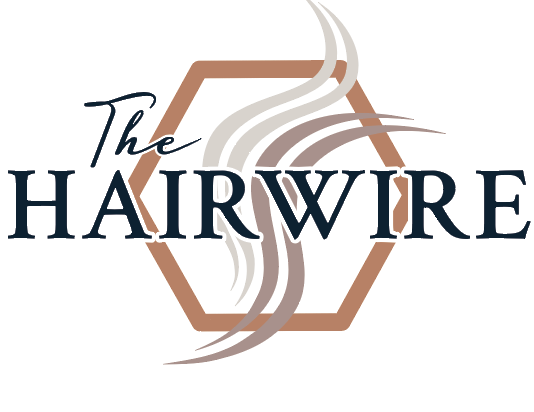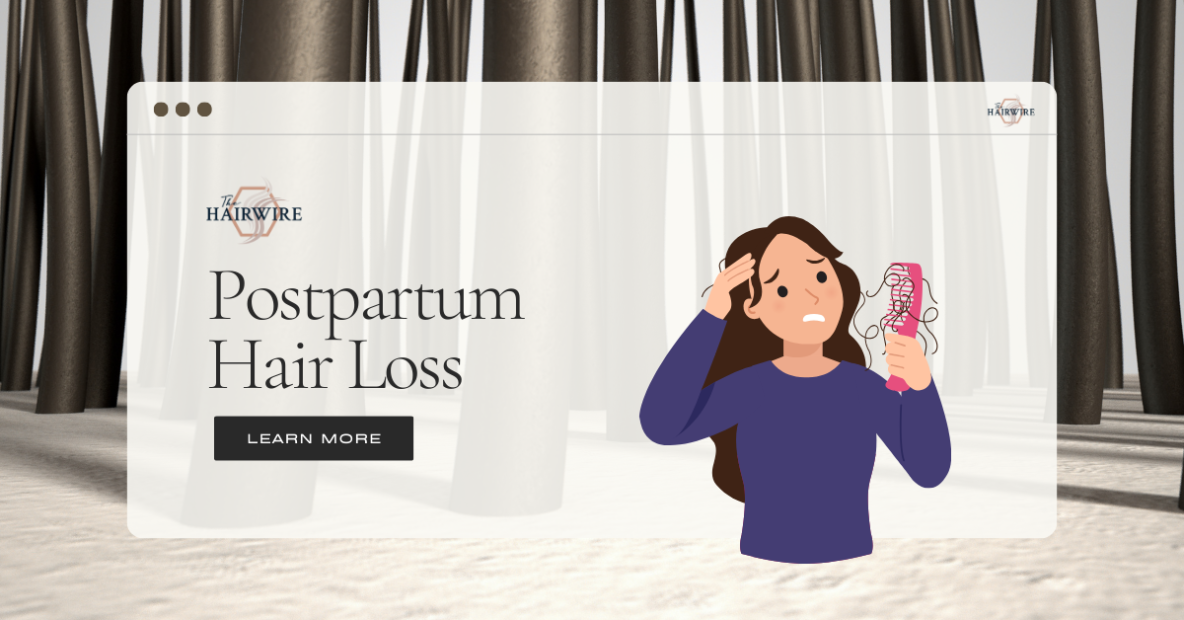
Navigating the Tresses of Motherhood
Becoming a mother is a miraculous journey filled with joy and anticipation, but it can also bring some unexpected changes, including postpartum hair loss. While this phase may feel daunting, it’s essential to understand that it’s entirely natural and, most importantly, temporary. In this professional blog post, we’ll delve into the science behind postpartum hair loss and offer valuable insights and tips to help you navigate this period with confidence and grace.
Understanding Postpartum Hair Loss:
The Science Behind It:
During pregnancy, hormonal shifts lead to thicker, more lustrous hair. This is due to elevated levels of hormones like estrogen, which prolong the growth phase of hair follicles, resulting in reduced shedding. However, postpartum, these hormonal levels normalize, causing a sudden shift in the hair growth cycle. Hair that was previously retained now enters the resting phase and eventually sheds. This phenomenon is commonly referred to as postpartum hair loss or postpartum alopecia.
When to Expect It:
Postpartum hair loss typically occurs between three to six months after childbirth, although the timing may vary from one woman to another. The shedding can be quite noticeable, leading to concerns about thinning hair or bald patches. It’s essential to remember that this process is temporary, and your hair will gradually return to its normal state.
Caring for Your Hair During Postpartum Hair Loss:
1. Maintain a Nutrient-Rich Diet:
Nourishing your body with essential vitamins and minerals, such as biotin, zinc, and iron, can help support hair growth and minimize the impact of postpartum hair loss. Incorporate foods like leafy greens, lean proteins, and whole grains into your diet to promote overall hair health.
2. Gentle Hair Care:
During this phase, it’s crucial to handle your hair with care. Avoid tight hairstyles that put excessive stress on the hair shaft, and opt for loose, comfortable styles. Use a wide-toothed comb to detangle your hair gently, starting from the tips and working your way up to minimize breakage.
3. Consult a Trichologist or Dermatologist:
If you’re experiencing severe or prolonged hair loss, it’s advisable to consult a trichologist or dermatologist who specializes in hair and scalp health. They can assess your specific situation and recommend personalized treatments or products to promote hair regrowth.
4. Emotional Support:
It’s perfectly normal to feel emotional about postpartum hair loss. Surround yourself with a support system of friends and family who understand your concerns. Remember that your beauty and worth extend far beyond your appearance, and embracing the changes your body goes through during motherhood is a part of the incredible journey.
Postpartum hair loss may seem like an unwelcome companion on your motherhood journey, but it’s essential to view it as a temporary phase. By understanding the science behind it and implementing a few simple self-care practices, you can help your tresses recover and regain their vitality. Embrace this transformative period of your life, knowing that your beauty radiates from within, and your hair will soon reflect the resilient and remarkable woman you are.
Watch:
Read More:


